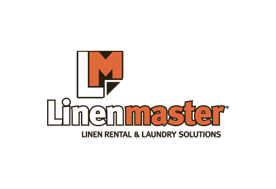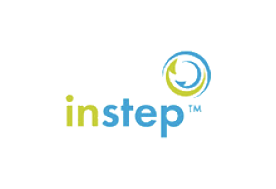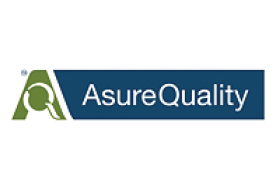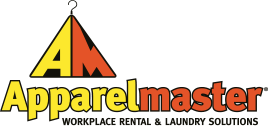

Apparelmaster New Zealand has been operating for 35 years, with 27 sites across the country. Apparelmaster Christchurch has been a franchise for 20 years, initially starting out as Kaiapoi Drycleaners. Today, the business is solely focused on garment rental – predominantly within the automotive, engineering and food industries. A family company, Apparelmaster Christchurch is owned by Alan and Jules Borthwick, with son James at the helm as general manager.
What are the benefits (and challenges) of being part of a family-run business?
There are many benefits to being a family-run business – one of the main benefits is that customers can deal direct with the owners and, if there is a problem, then it can be resolved quickly. Because we are not a corporate, we can be very flexible in the way we operate and can implement change very quickly. Being family run also means that we are setting the business up so that the next generation will gain from it. We always try to future-proof the business when looking at new equipment, as we take a long-term view towards business, rather than looking for short-term results.
What is the secret to the company’s longevity?
We always treat people how we want to be treated and we always do what we say we will do. We are in a service industry, so we need to provide an excellent service for our customers to retain them.
How has the business and industry changed over the years?
There has been a major change in what businesses choose for their work uniform. Only ten years ago, most companies would dress their staff members in blue overalls. Now they can choose from a full range of multi coloured overalls, shirts and trousers, and high visibility compliant garments. We can also have customised garments made for specific requirements.
There has also been a huge increase in companies requiring Transit NZ day and night compliant garments, and we can only see this increasing as the rebuild gains momentum. We are especially well suited to cleaning these kinds of garments as we are the only industrial laundry in Canterbury
that still has drycleaning machines. Drycleaning is a very safe way of processing garments, as high visibility tape is very sensitive to high temperatures and can be damaged in the cleaning process.
How do you ensure you stay relevant to the changing market?
We invest in the latest technology to make sure that we can provide the best service possible. For example, we have just installed an overhead dirty bag system that automatically loads into three 180kg washing machines. The operator sorts and loads garments into 50 to 60kg bags, which are stored overhead. When the washing machine calls for the next load, three of these bags will be loaded into the machine. Once washed, it unloads the garments onto a conveyor that loads a dryer, automatically unloading again when the dryer is finished.
The garments are then scanned onto a hanger that has a radio frequency chip in it. The chip is tracked using our automated sorting system, so we can see exactly where that particular garment is while it is in the factory. This scanned information makes our quality control and stock tracking extremely accurate. The automated sorting system is the first one in New Zealand. We are also AsureQuality audited to service food industry companies.
What role does sustainability play in the company?
Sustainability is a huge issue for laundries and we have embraced it totally. We are the first company in New Zealand to use 100% biodiesel for our boiler fuel. Being part of the Instep carbon emission monitoring program means that we measure our carbon emissions, which are 40% less than most laundries. We also recycle a lot of our water, using only 7L per kilogram of textiles processed, compared to similar laundries that can use up to 30L of water per kilogram processed. We also use heat exchangers to heat our water.
Our Partners





